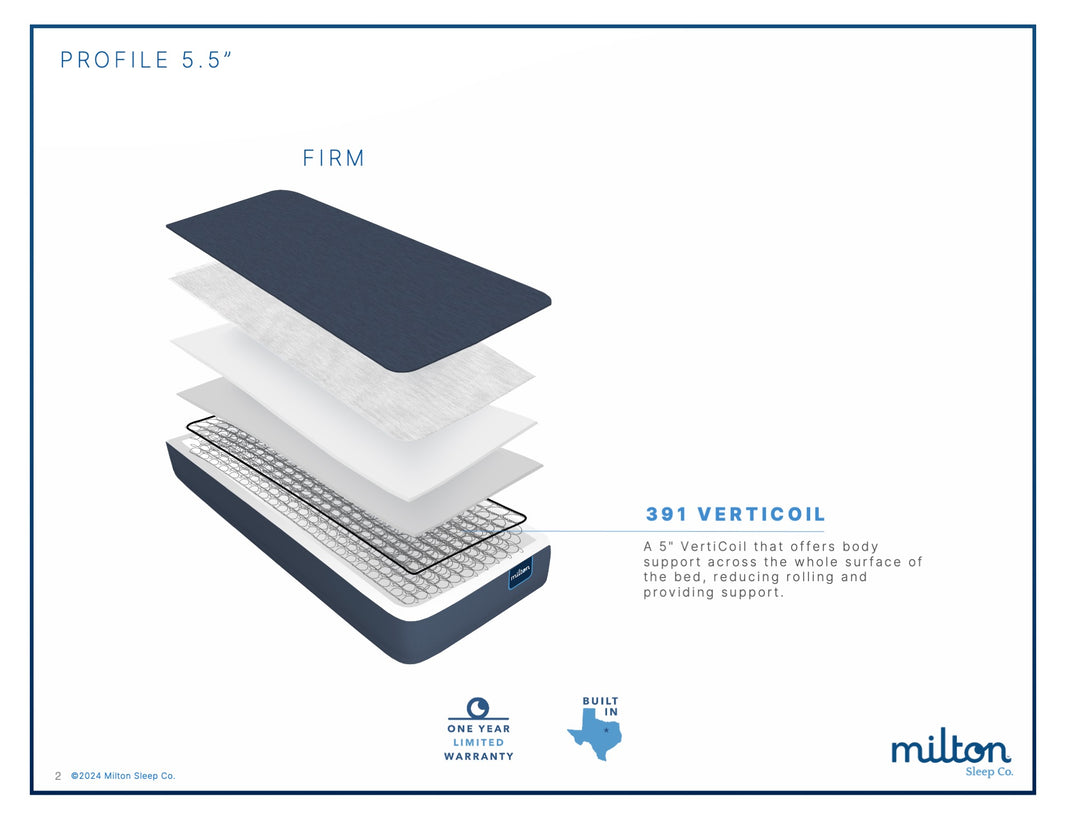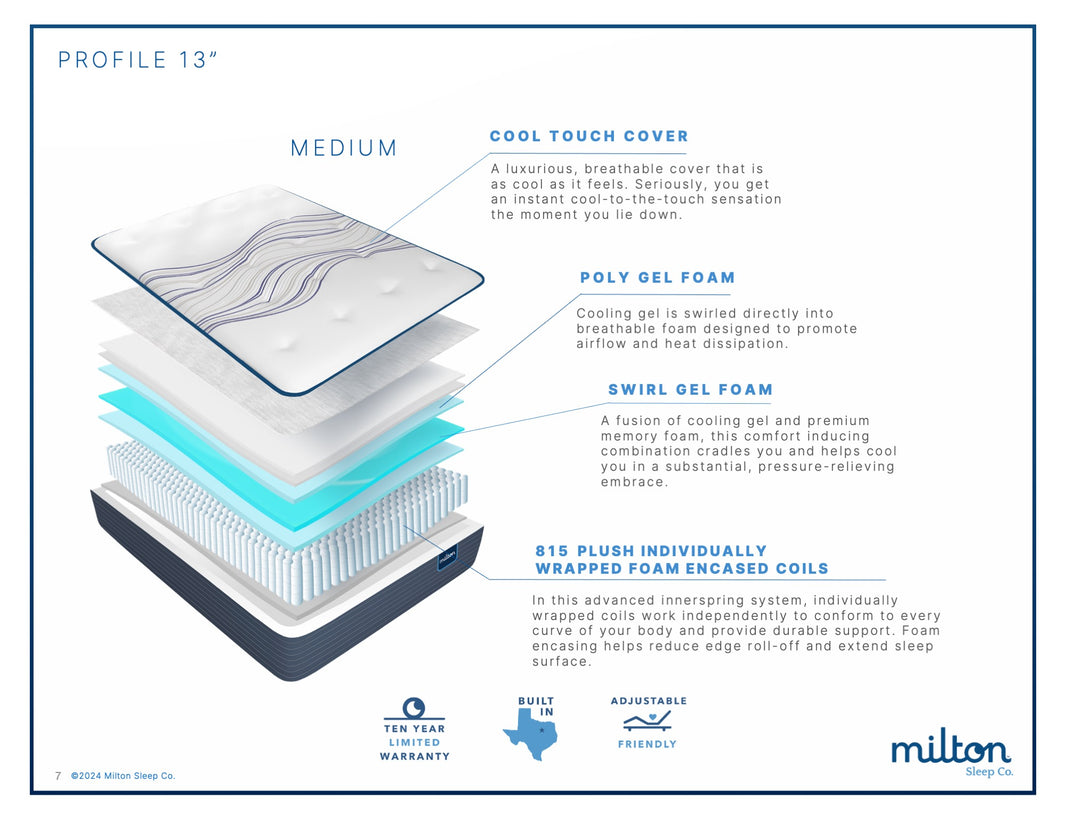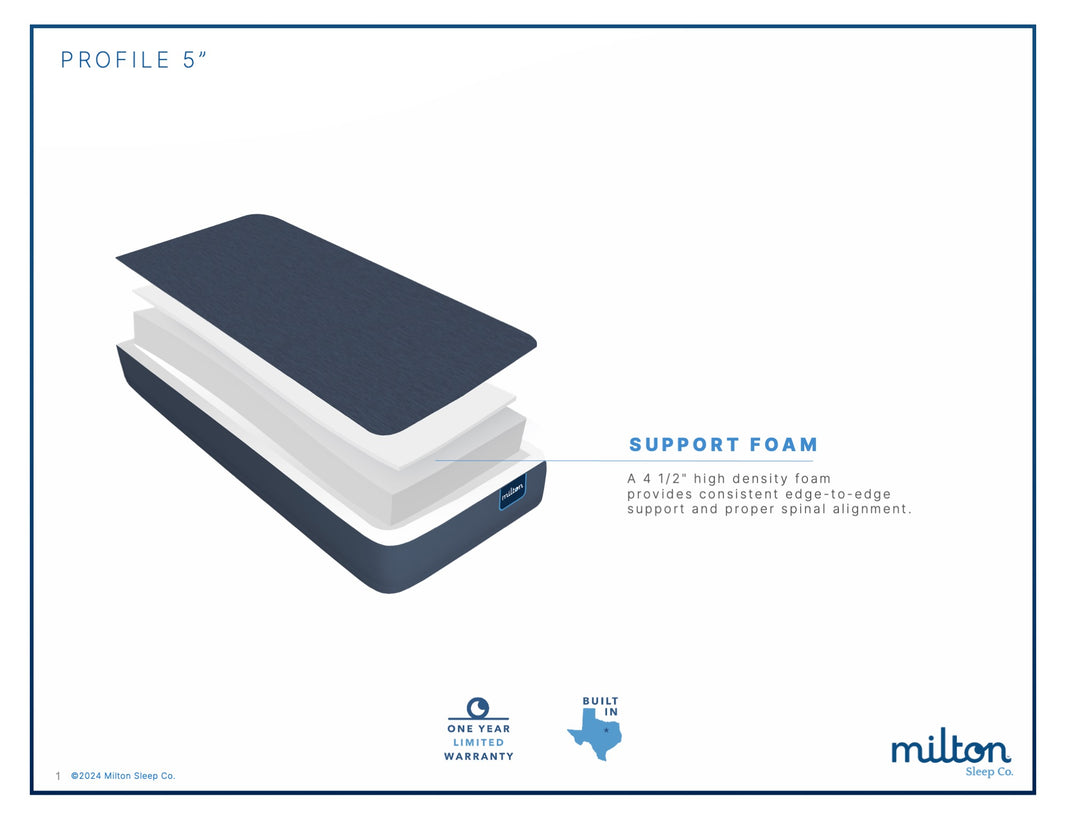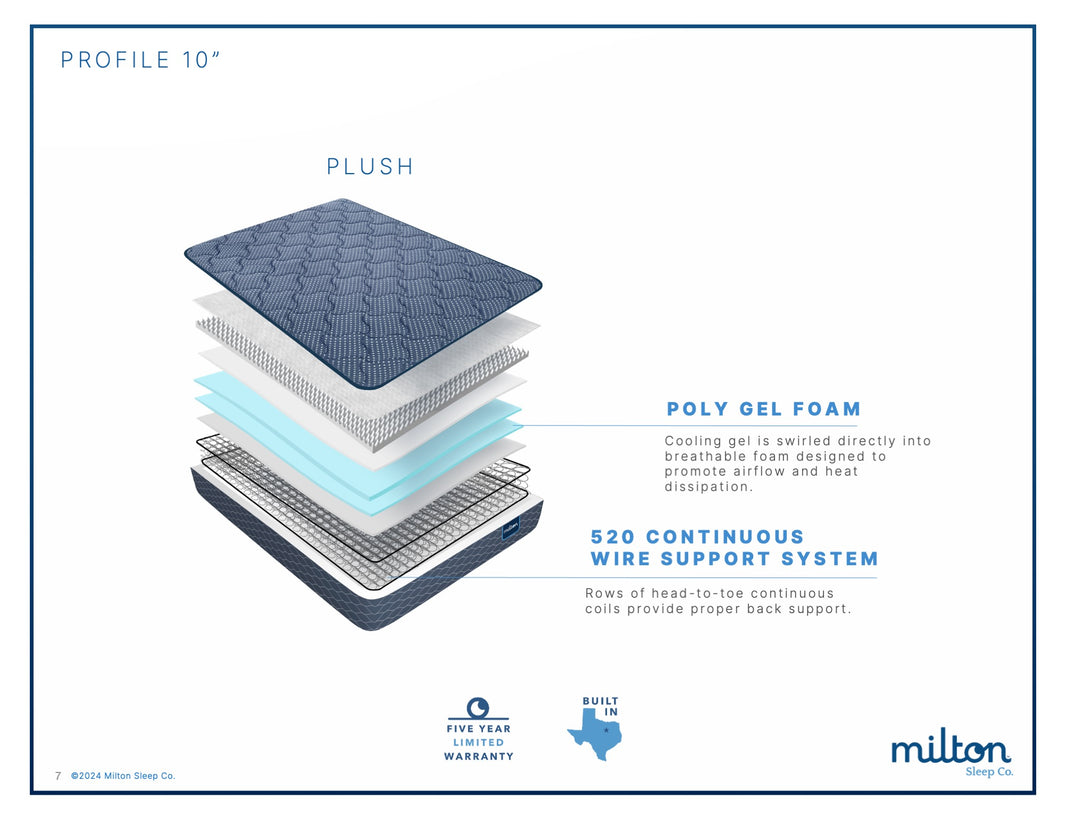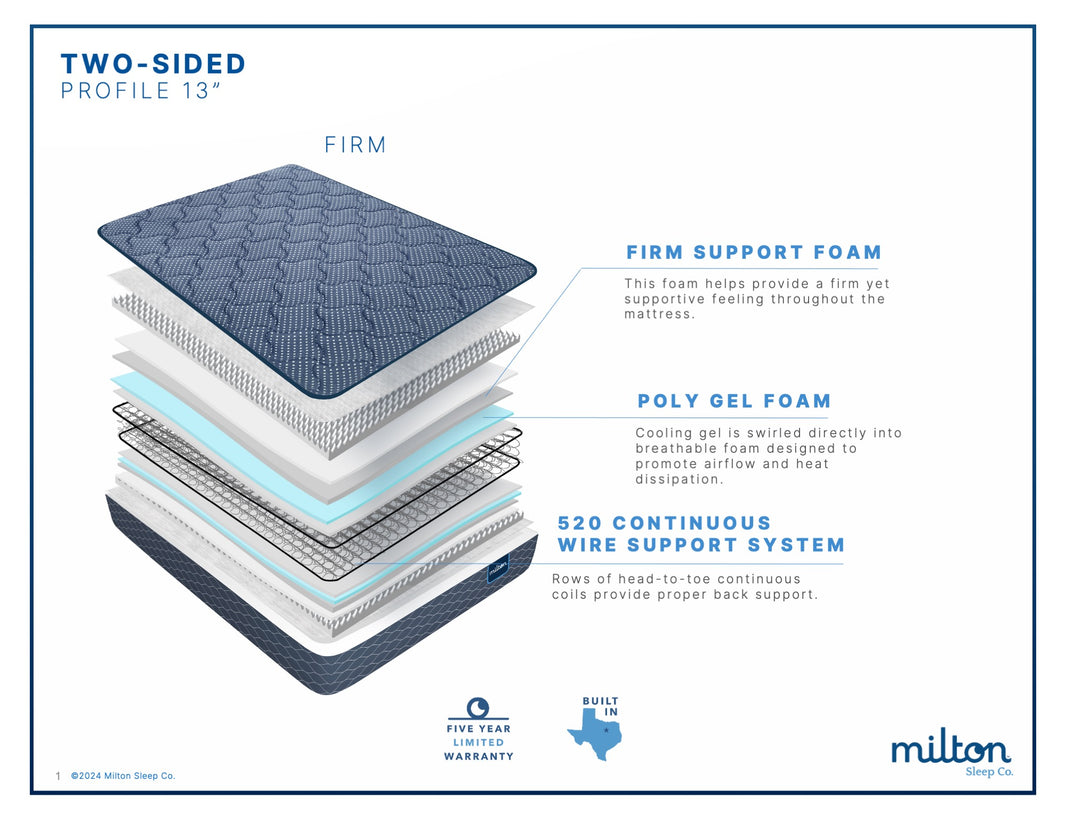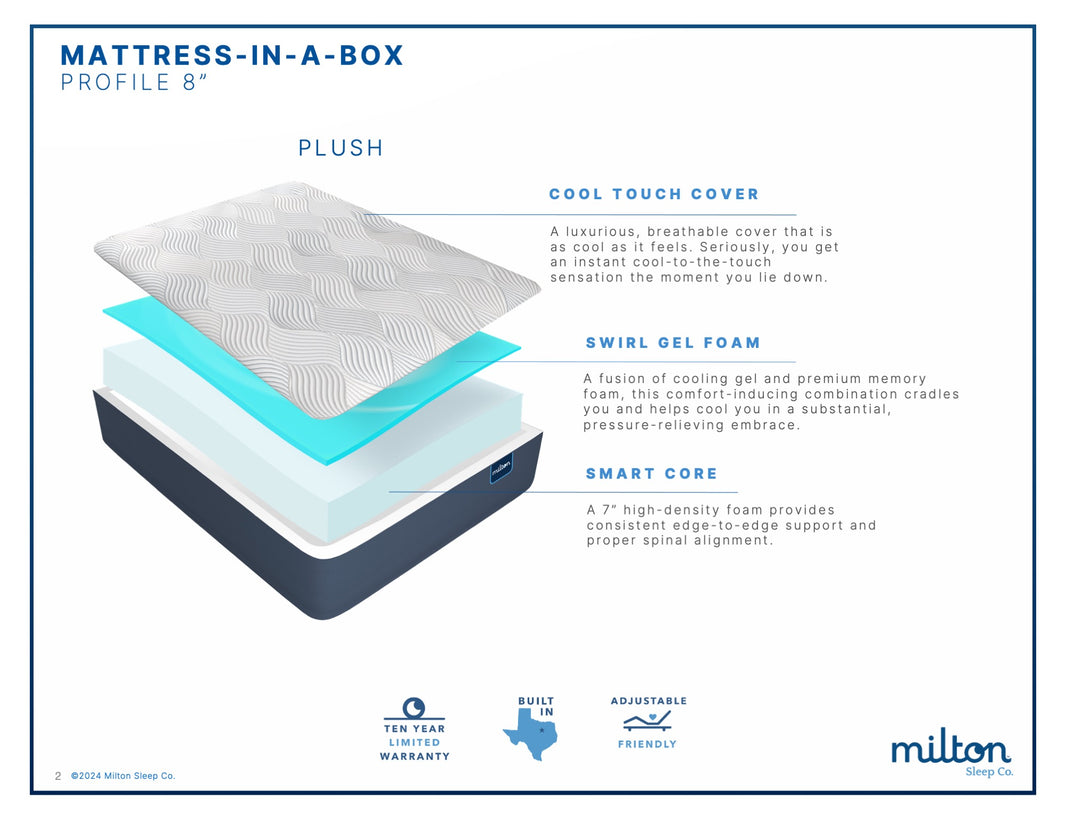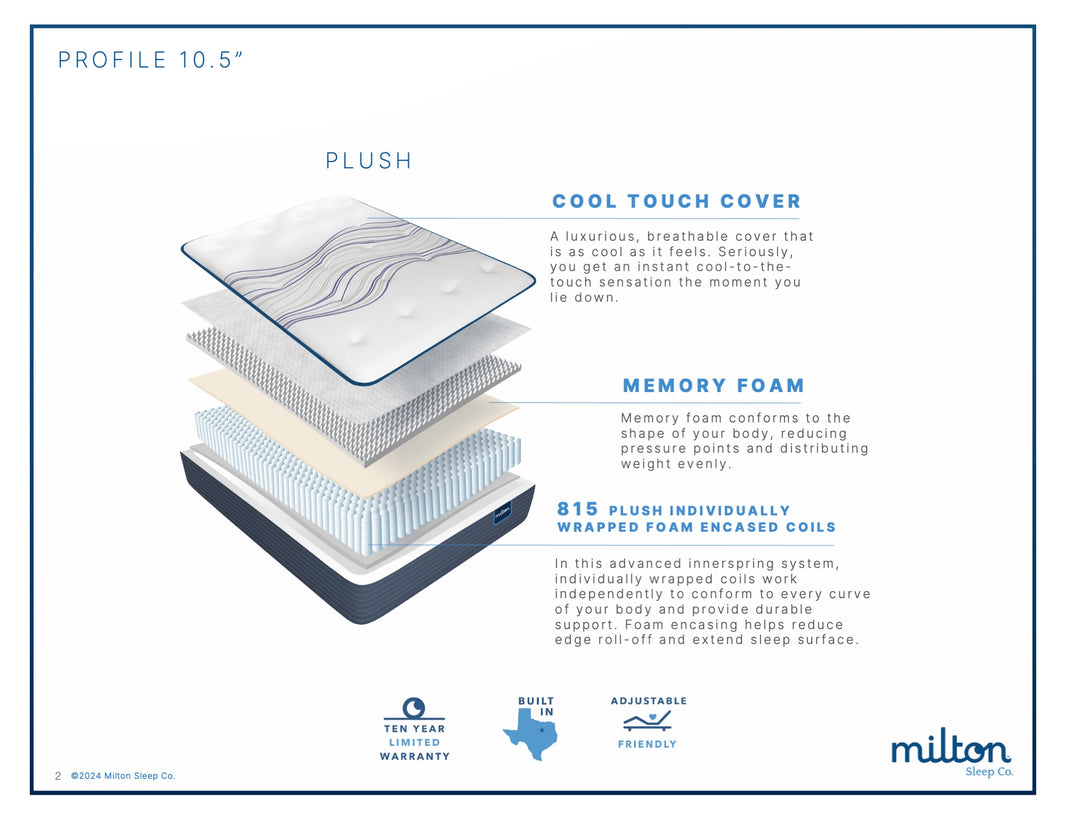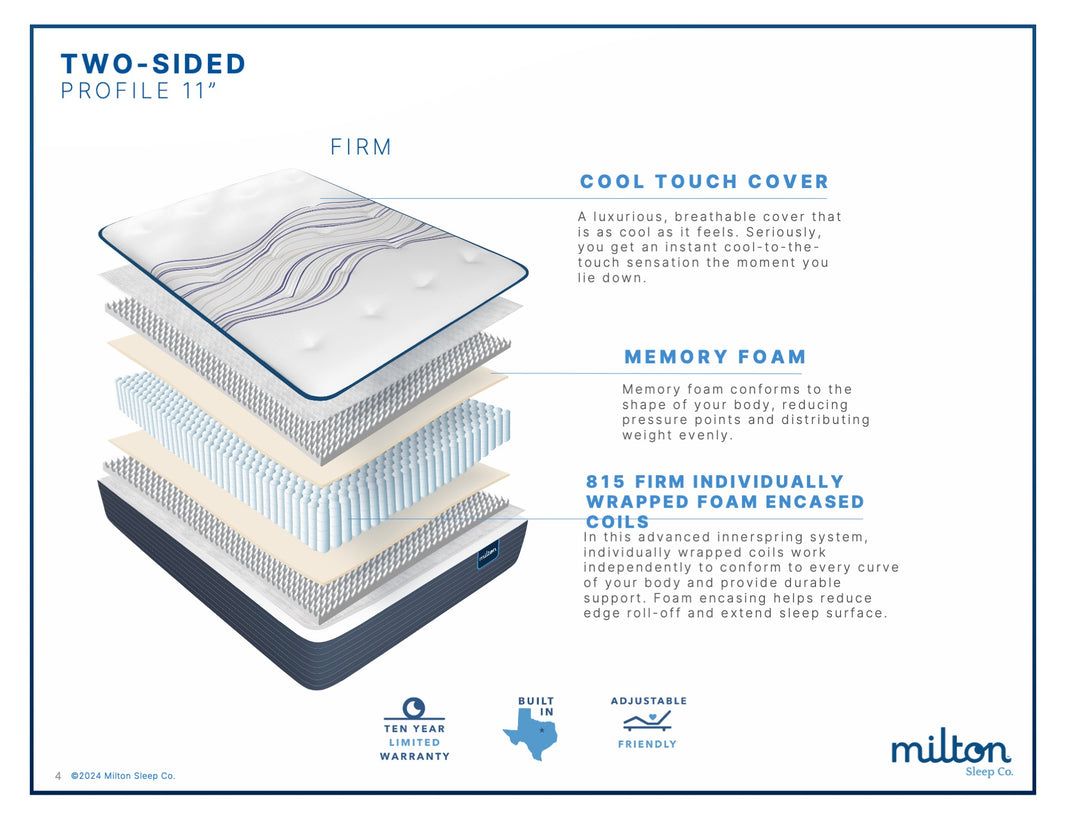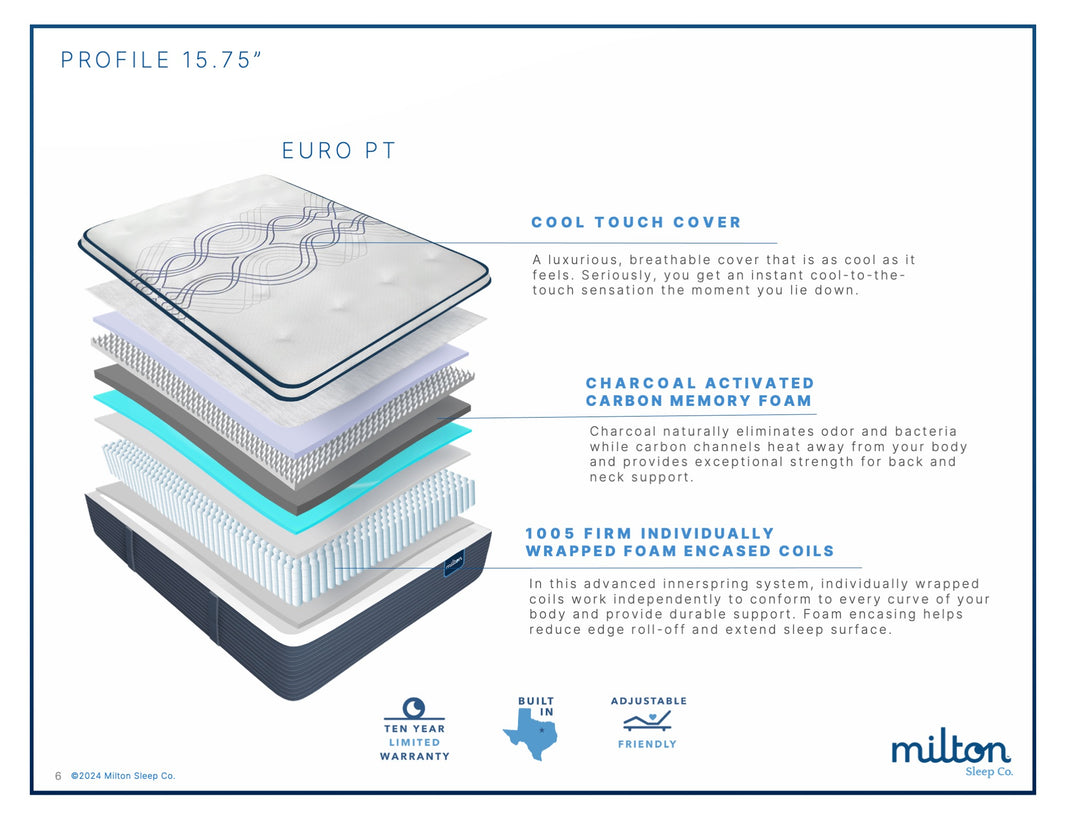We’ve all heard about catching up on sleep, but is it something we can actually do? To try and understand how it all works, it helps to first understand why we try and catch up on sleep.
Sleep debt, also called a sleep deficit, is the difference between the amount of sleep you need and the amount you actually get. For example, if your body needs eight hours of sleep per night, but you only get six, you now have two hours of sleep debt. (Know that you may not actually need eight hours of sleep. You need to listen to your body and figure out if you feel rested or not)
Since sleep debt is cumulative, going to sleep 30 or 60 minutes later than usual for a few days can quickly add up.
The most common activities that cause Americans to miss sleep are work hours, commuting, socializing, relaxing, and watching TV.
So, let’s say you’ve been consistently missing a few hours of sleep. Can you just catch a bit of shut eye through a nap, or sleeping in on a day off?
Can You Nap it Off?
Research suggests it might not be quite so easy to erase your sleep debt. A concern with both napping and sleeping in on weekends is that, when you’ve under slept, a little extra rest can offer a false sense of recovery.
You may feel better for a little while after getting extra sleep, but it doesn’t fix the root of the issue.
While sleeping in for a morning or two may help, it’s often not enough. Research has shown that it can take up to four days to recover from one hour of lost sleep and up to nine days to eliminate your cumulative sleep debt! A full recovery from sleep debt returns our body to its baseline, reducing the risks associated with sleep loss.
How to Avoid Getting Too Little Sleep
There are any number of ways you can get the proper amount of sleep. Whether that's setting a bed time routine, eating foods like nuts to promote melatonin production, or even belly breathing.
Belly breathing is especially beneficial if your mind is wandering while you're laying in bed at night or you can't stop wanting to check your phone.
All you need to do is place one hand on your chest and one hand on your belly to make sure you're doing it correctly since the vast majority of people don't use the entirety of their lungs. Breathe in through your nose until you feel the hand on your stomach rise and out through your mouth. Focus on this and this alone and you'll soon find yourself in dreamland!
As you work to change your routines to accommodate more sleep, don’t forget how important finding the right mattress is in that process.
Having a consistent, long-lasting, comfortable, and supportive place to lay down can be just as important as finding the time to rest. Create a more consistent and restful sleep experience with a Milton mattress that fits your sleep needs.


